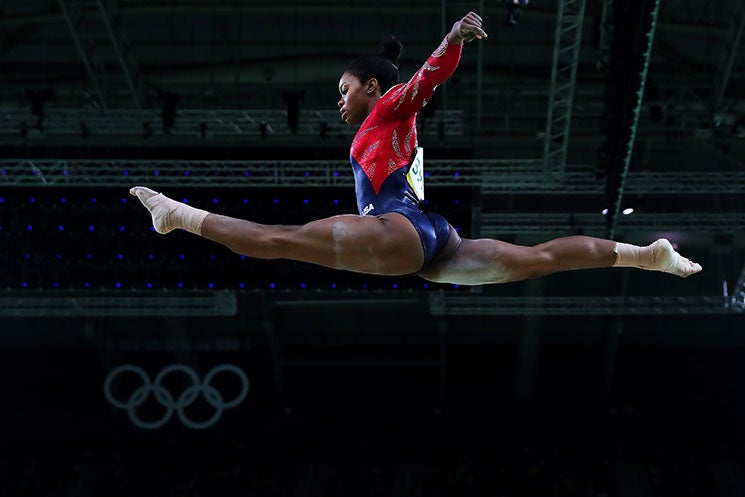
The contentious relationship between Black communities and American patriotism has long been fraught with the tension that comes with this nation’s history; a history deeply rooted in ground toiled by Black bodies, who, for decades under slavery, Jim Crow and discrimination have survived multiple iterations of disenfranchisement. It’s difficult to believe, given the historical context of our existence in this nation, that we continue to live, grow and build as proud Americans, eager to achieve the same dreams our white counterparts so easily obtain.
That’s resilience.
For many, that patriotism comes natural. It radiates with the perseverance of our ancestors, who fought with heart and signed with blood for their right to be free, to desegregate, to vote in this country. It’s the dilemma of knowing only this land as the land of your people, that feeling of gratefulness that somehow, you are a citizen of this nation. It’s the feeling you get when considering the painful history of this country, no matter how traumatizing, because we are the architects of America. And even though we’re still fighting for liberation, that patriotism drives us to protect this nation, to fight for it, to defend a freedom that wasn’t always afforded to us.
What Gabby Douglas and Simone Biles Mean Beyond the Olympics
And for others, these are the very reasons it’s hard to feel anything when red, white and blue fabric ripple through America’s skies on the Fourth of July. That spark of patriotism, surging through veins at baseball games when the National Anthem is recited, escapes many. With arms at sides, that hesitancy to place hand on heart to pledge allegiance may feel like betrayal. After all, “Justice For All” can sound like a mockery up against police brutality and our failed criminal justice system.
That’s understandable. That’s self-preservation.
It’s for this reason I have only ever twice felt the swell of pure patriotism in my life. Once, as a senior in college when a young senator named Barack Obama was elected as the first African-American president of the United States, and some years earlier in the aftermath of Sept. 11, 2001 (this was also met with some complexity as I watched hate crimes against Muslims and other brown people increase).
23 Black Women to Watch in the 2016 Rio Olympics
And only days after the Rio games ended, I can add a third to that list – August 2016.
With a mind to skip the Olympics – I found myself sitting out the games in the name of human right injustices ignored by the International Olympics Committee (IOC) – it was hard to keep my word as I caught clips of Simone Biles and Gabby Douglas flipping their way to gold. And it continued. Michelle Carter made history as the first American women to win gold in shot put. Simone Manuel reminded an entire nation why Black representation in swimming was so important. Ibtihaj Muhammad was the first American athlete to compete while wearing the hijab. Venus and Serena, despite a small stumble, taught us all that the cumulative history matters (they’re still winning). Allyson Felix ran her way to become the most decorated female athlete in track and field. And the flood of Black Girl Magic, all hailing from America, continued to dominate the screen and the games. The diversity of these women (paired with the diversity of their teams as well) spoke to an America we could be proud of. An inclusive place where we all start at the same line, on the same mark.
WANT MORE FROM ESSENCE? Subscribe to our daily newsletter for the latest in hair, beauty, style and celebrity news
No shortcuts. No privileges.
When Manuel completed her lap, the look of realization that she just became the first African-American woman to receive gold for an individual event taking hold, my heart felt like it would explode. When Claressa Shields stood in utter disbelief at becoming the first U.S. boxer to win two gold medals, I screamed hoarsely at my phone screen. The joy I felt as an American woman was staggering, but even more so because I exist at the intersection of being a Black woman in America.
To see us win – marginalized, disenfranchised, and largely ignored save for snippets of our culture – was American to me. A place where we could dream. And be free.
It would be easy to credit the Rio games for restoring the patriotism I search for in moments of isolation – at sporting events, during Independence Day parties, in largely white spaces where no one considers the historical context of being Black in America – but I know that not to be entirely accurate. While it surely helped me become comfortable in declaring a connection to America, it only proved what I and many know to be true.
The diversity of the games, how Black women slayed, is what’s reflective of this nation. Even if the rhetoric we hear is not.
And that’s an America I can be proud of. It’s time to bring that energy home to change hearts, minds and systems.




